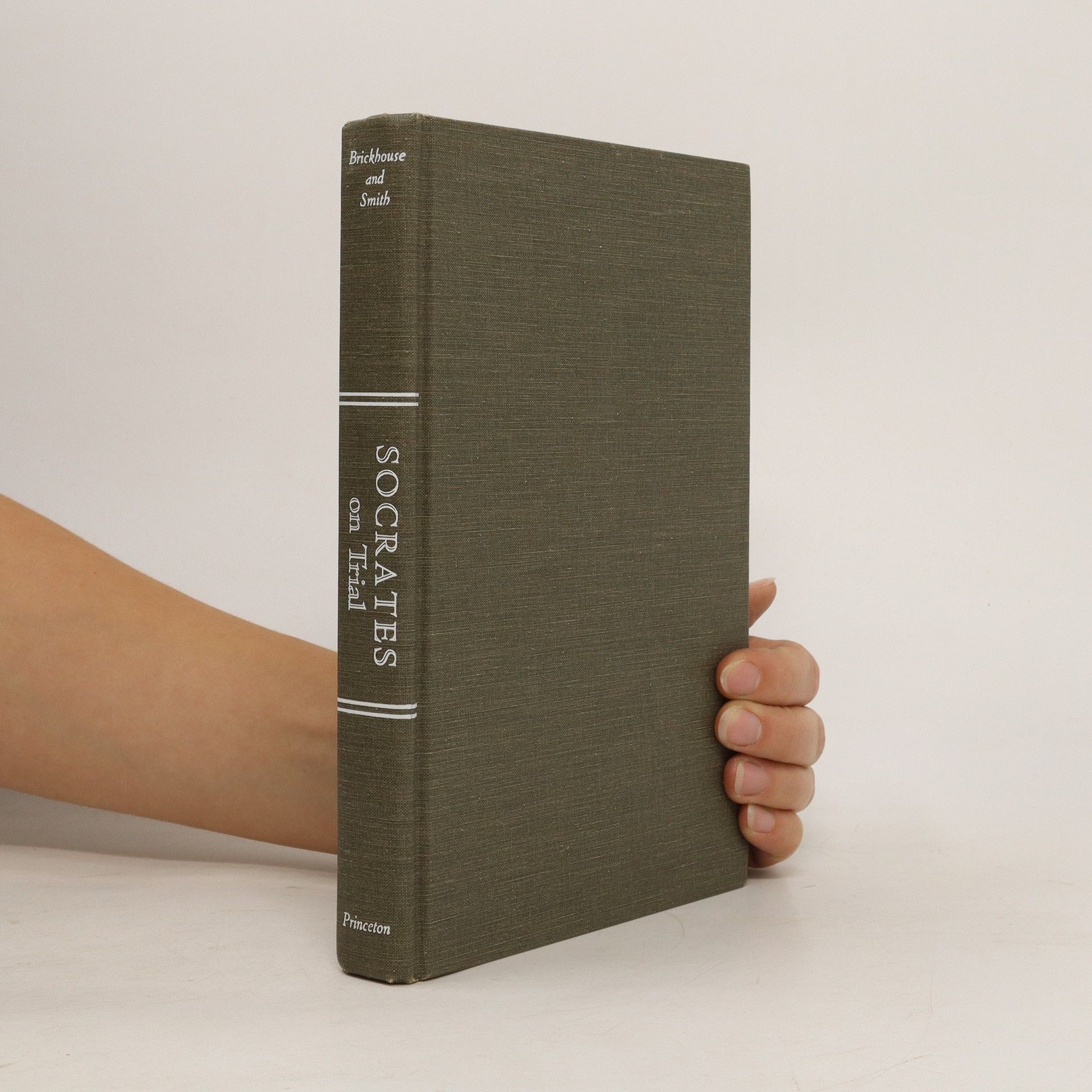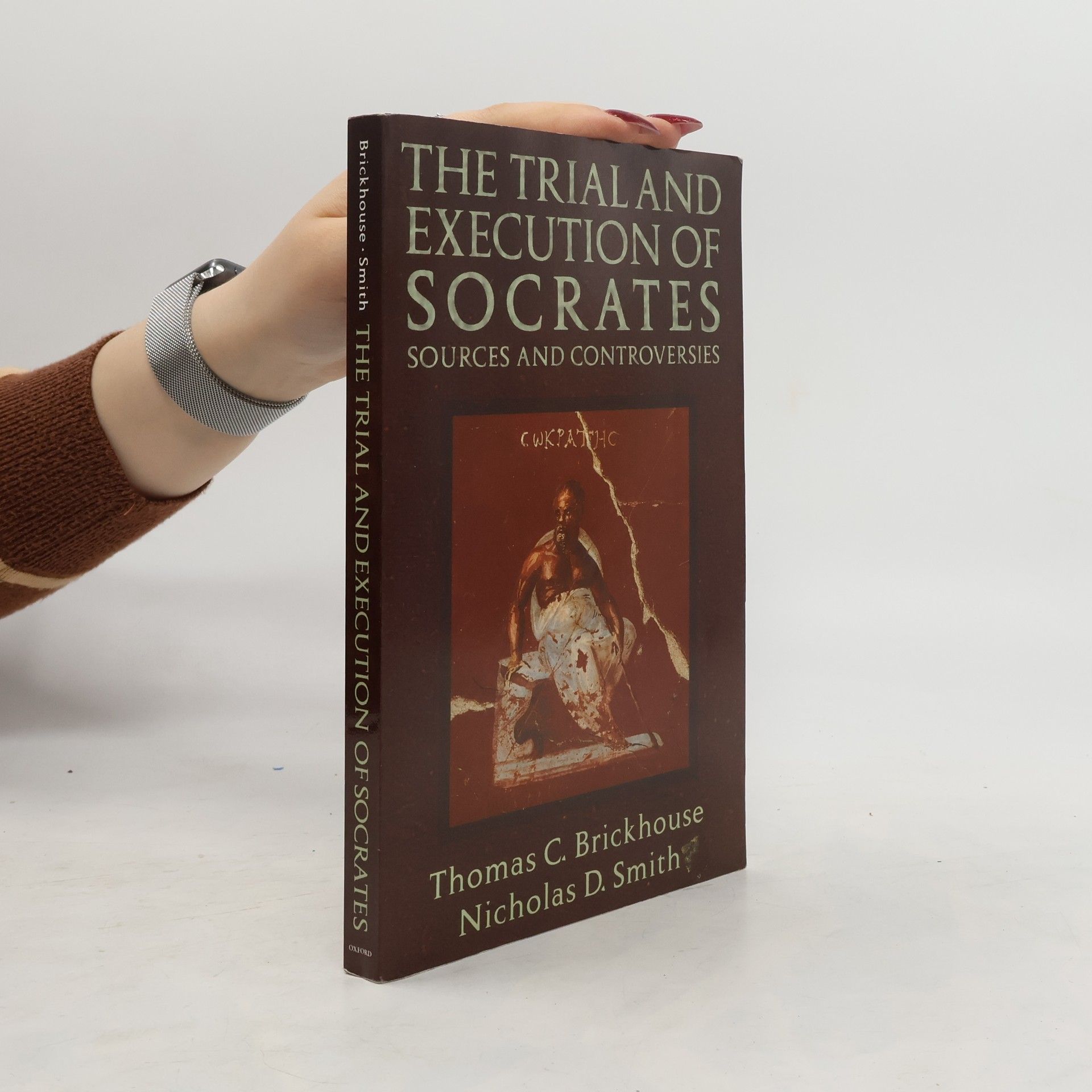Socrates, a pivotal yet enigmatic figure in philosophy, never wrote anything himself, yet his legacy endures. In 399 B.C.E., he faced trial in Athens for impiety, was convicted, and sentenced to death by consuming hemlock. While these events are well-documented, many fundamental aspects remain contentious. Questions linger about the motivations behind his trial, the jurors' decision in the world's first democracy, and Socrates' choice to accept his punishment rather than escape. The circumstances of his death also provoke debate, captivating students and scholars alike. This collection presents all major ancient sources concerning Socrates' death, encompassing perspectives from both critics and supporters, along with contemporary scholarly interpretations. Part I offers new translations of key texts, including Plato's Euthyphro, Apology, Crito, and the death scene from Phaedo, alongside other ancient writings that illuminate the trial and execution. Part II compiles influential modern scholarship on this significant historical event, featuring contributions from notable scholars such as M.F. Burnyeat, Robert Parker, and Enid Bloch, whose work appears here for the first time. This unique anthology serves as an invaluable resource for undergraduate courses in ancient Greek philosophy and advanced studies on Socrates, addressing the enduring questions surrounding his trial and execution.
Nicholas D Smith Libri


Thomas Brickhouse and Nicholas Smith offer a comprehensive historical and philosophical interpretation of, and commentary on, one of Plato's most widely read works, the Apology of Socrates. Virtually every modern interpretation characterizes some part of what Socrates says in the Apology as purposefully irrelevant or even antithetical to convincing the jury to acquit him at his trial. This book, by contrast, argues persuasively that Socrates offers a sincere and well-reasoned defense against the charges he faces. First, the authors establish a consensus of ancient reports about Socrates' moral and religious principles and show that these prohibit him from needlessly risking the condemnation of the jury. Second, they consider each specific claim made by Socrates in the Apology and show how each can be construed as an honest effort to inform the jurors of the truth and to convince them of his blamelessness. The arguments of this book are informed by a critical review of the scholarly literature and careful attention to the philosophy expressed in Plato's other early dialogues.